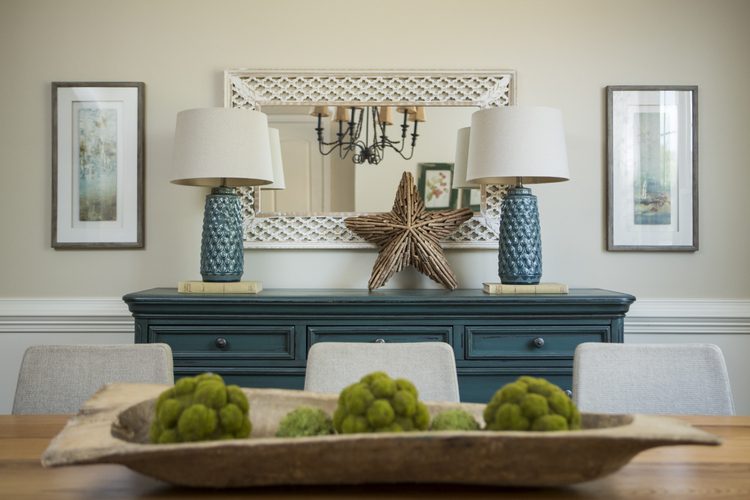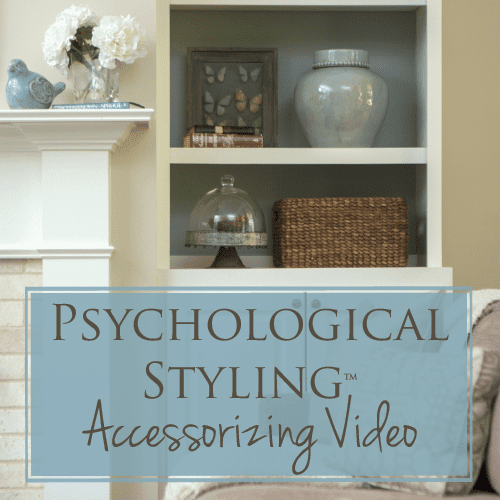I’ve received many emails lately from people anguishing over which home staging training program to take, so I thought it might be helpful to write this post.

Anyone can hang up a shingle and claim they are a home stager, but that doesn’t mean they will be successful or even do quality work. Not all stagers are the same, and not all staging training programs are either!
 The Decorologist
The Decorologist
While there are lots of important things to consider when choosing a staging training program, there are three that would-be stagers can put too much emphasis on that are shortsighted and can result in a poor outcome:
1. Price of Training
Just like most things in life, the cheapest things are not typically the best value. The cheapest realtor, home stager, or home staging training does not equal the BEST. Without the best training, you can’t expect the best outcome or the most return on investment. Do you think the cheapest schools offer the best education? Of course not. The difference of a few hundred dollars is pretty small in the long run, especially if you actually want to make a good living from home staging – and that cost difference is made up in a single staging consultation!
2. Large Staging Training Companies
Bigger isn’t always better, my friends. Large training companies hire lots of trainers who travel the country teaching courses that may be in your area. Those trainers have differing levels of experience and expertise. How do you know if the person training you is great at home staging? Big training companies have marketing departments that work full-time to get to the top of google searches so that you are seeing them over and over. Does that mean they offer the best training? Absolutely not. Cranking out sub-par stagers using for-hire trainers or dated training material may count as a win for large staging training companies, but not for YOU.
3. Quantity Over Quality
There are many home staging training programs that offer a huge amount of forms, lists, and endless examples that require an inexperienced new stager to wade through and figure out on their own what will work by trial and error, while a quality program provides WHAT WORKS to its trainees based on real-world experience. Choosing quality over quantity of training materials will save you countless hours and costly mistakes. The experience of the expert is what you are paying for, right?
 The Decorologist
The Decorologist
If those three things can sidetrack your success, what considerations should you be focused on?
The most important things to consider when choosing your home staging training program:
1. Train with someone who’s a leader in the staging industry.
Does your trainer have a history of local and national staging awards? Do they exhibit leadership and hold leadership roles in the industry? Are they connected with national and international staging associations? How well-known are they in the staging industry? Have they written articles or books on the subject of home staging? You should not only check out their websites, but also their social media presence on Facebook, Pinterest, Houzz, and Instagram.
2. Train with someone with 10+ years of actual staging experience.
Someone who’s only been staging for a few years doesn’t have the experience or street cred to teach a certification course. Did you know that there are staging training programs that are taught by people who have NEVER BEEN A PROFESSIONAL STAGER? Make sure you are being trained by someone who has built a successful home staging business, not someone who is actually a marketing professional or a serial small business owner.
3. Find training that provides a specific, proven system for staging homes to sell.
If the staging training program you are considering doesn’t teach an actual system for furniture/decor arrangement and choosing paint color, then you are missing the core of what effective home staging is. Training in decluttering and business alone won’t be enough to set you or your work apart from other stagers in your area. Learning how to run a business means NOTHING if you aren’t really great at what you are selling!
4. Train with a good teacher.
There are many highly-skilled and successful stagers out there, but not everyone is a great teacher. Check for authentic reviews by students who have taken the course. Does the specific trainer you are considering learning from exhibit traits that indicate they are a good teacher? Or will your teacher be a hired hand of the staging training company that you have never heard of?
5. Train with a company that provides ongoing mentorship, not once-and-done training.
Will your home staging training provider offer ongoing assistance for staging dilemmas and business questions? Are they able to provide referrals and social media assistance?















and that’s why I chose to learn from YOU- the BEST in the business!!
Awwww, you are precious!!!
I look forward to taking your course when I can fit it in my life. My sister lives nearby and I love the idea of going to Nashville. : )
That’s awesome, Kitty! I would love to have you. I offer the course three times a year – usually the first or second week of March, June, and September.
Hi Kristie… home staging is a relatively new passion of mine but Im excited to learn from the best . What you do is truly an art form and im excited to learn from the best. I look forward to meeting you next year.